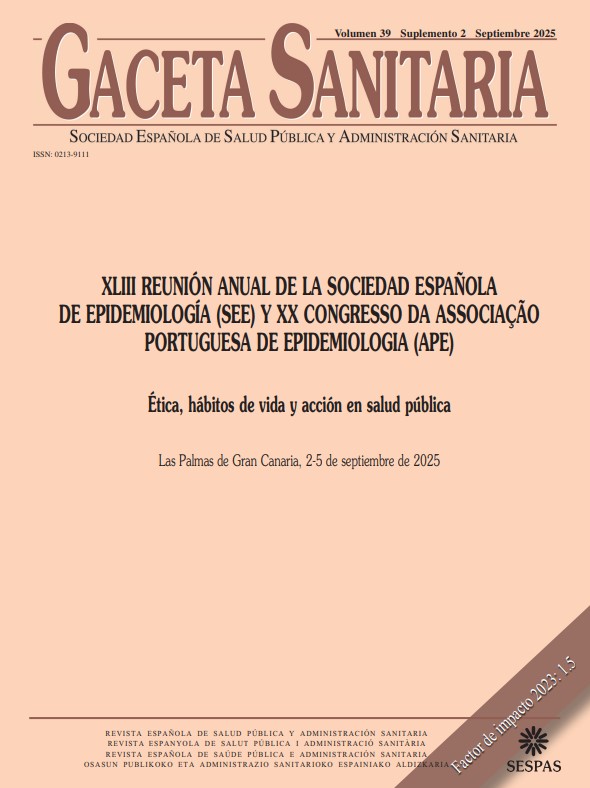237 - REVIEW OF ADHERENCE TO THE ACUTE RESPIRATORY INFECTION (ARI) CASE DEFINITION IN A PRIMARY CARE VACCINE EFFECTIVENESS STUDY IN PORTUGAL
Department of Epidemiology, National Institute of Health Doctor Ricardo Jorge; Comprehensive Health Research Center, NOVA National School of Public Health, NOVA University Lisbon; Epiconcept France.
Background/Objectives: To expand surveillance to include respiratory viruses other than influenza, many European countries adapted their approach after the COVID-19 pandemic by transitioning from solely using the influenza-like illness (ILI) case definition to incorporating both ILI and acute respiratory infection (ARI) definitions, or ARI case definition alone. The aim of this study was to assess adherence to the application of the ARI case definition by sentinel general practitioners (GPs) in Portugal integrated in a primary care vaccine effectiveness (VE) study - VEBIS.
Methods: An anonymous online questionnaire was sent to 119 Portuguese sentinel GPs for influenza surveillance between April 16th-May 9th, 2024. Invitation to the questionnaire was sent four times during this period, by email. A descriptive analysis of the responses was performed.
Results: The participation rate was 46% (55/119). The majority of GPs indicated ARI case definition identifies influenza (85%) and COVID-19 patients (73%) well. There was no clear pattern in GPs agreeing that the ARI case definition was appropriate for selecting young children, with 36% agreeing and 31% disagreeing. Conversely, 56% agreed that the ARI case definition works for the selection of older patients. 27% percent indicated immunocompromised, patients with COPD and cardiac diseases, children and elderly were not well captured by the ARI case definition. Although the majority (85%) indicated that no change is needed in the surveillance questionnaire, some GPs (11%) indicated that diarrhea, vomiting, fever, wheezing, and fever duration were variables that should be considered including in case definitions. 45% of GPs agreed that they select patients they highly suspect of having influenza/COVID-19, even if they do not meet the case definition. Regarding clinical presentation, 71% of GPs agreed being more likely to select patients with a more severe clinical presentation. The majority (75%) reported not using any additional criterion for patient selection during weeks of high workload. However, 22% reported that older and more symptomatic patients were chosen preferentially during these periods.
Conclusions/Recommendations: The results indicate Portuguese sentinel GPs consider the proposed case definition identifies patients with influenza and COVID-19, consequently, the majority do not suggest changes to the ARI case definition. However, 27% reported the case definition does not adequately capture children, elderly and patients with chronic conditions, and some GPs indicated the inclusion of other signs and symptoms.
Financiación: VEBIS Lot5 (ECDC/2021/019).















